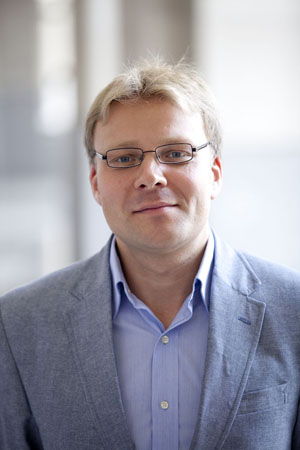Roman Lunkin, president of the Russian Experts Guild on Religion and Law, says that “religious policy in Russia [as was the case in Soviet times] was given over to the force structures” and that this means the only thing that religious communities can do is “to conduct themselves with courage.”

In an interview to the Portal-Credo.ru portal, Lunkin argues that the Kremlin’s policy toward religion and its decision to hand over almost exclusive control over religious policy to the force structures is “quite absurd, illogical, and senseless” because “there are no rational goals of this policy whatsoever.”
All other government officials have been “de facto” removed from having oversight or responsibility for religious affairs, and the actions of the force structures have not succeeded in achieving their stated goals:
- churches that the government doesn’t like continue to function,
- missionaries haven’t become fewer,
- and neither represents the threat the Kremlin says.
“As a result,” Lunkin continues,
If any of the targets of the siloviki represented a threat to the Moscow Patriarchate, one could understand these actions if hardly approve of them, the specialist on religious law says. But none of them are “real competitors” to the Russian Orthodox Church. Hence the explanation for what is happening must be sought elsewhere.
Lunkin says that at the present time,
Until recently, he says, the siloviki were focused almost exclusively “on Muslim groups and movements, independent and semi-underground,” in which there were some potential or real supporters of extremist ideals. But “after the adoption of the Yarovaya Law,” they shifted their focus to Christian and especially independent Orthodox groups.
At the same time, Lunkin points out, the siloviki are going after Protestant groups that they assume may be carriers of Maidan-like ideas. Among these are the Evangelical churches because the special services believe that “in any critical political situation, they always support freedom and human rights.”
That makes it impossible for these religious groups to appeal to the courts or to administrative officials with much hope of success.
Such targets of the siloviki can only show courage and thus become the latest in a long line of “heroes of the faith” in Russia, Lunkin concludes.
Related:
- Something much worse than Yarovaya Laws is happening in Russia
- Russia’s new repressive legislature affects not only Russians
- Four evangelical Christians executed by pro-Russian terrorists for ‘sectarianism and treason’
- Three religious developments in Eurasia with more than religious implications
- Russian court orders demolition of Ukrainian Orthodox Church in Moscow Oblast
- Religious persecution continues in occupied Donbas
- Scholar: Russian Orthodox Church Moscow Patriarchate supports repressions, militarism
- Chekist regime and criminal world in Russia now ‘completely coincide,’ Portnikov says

